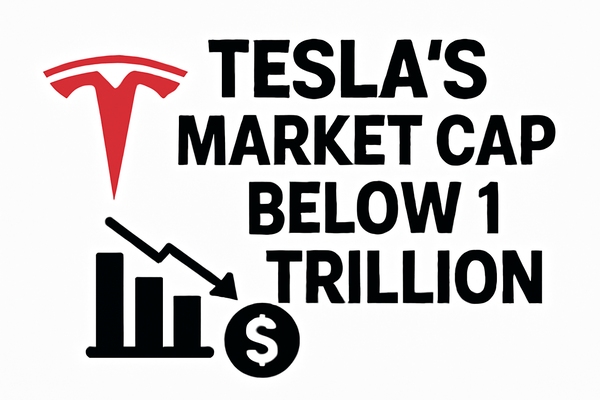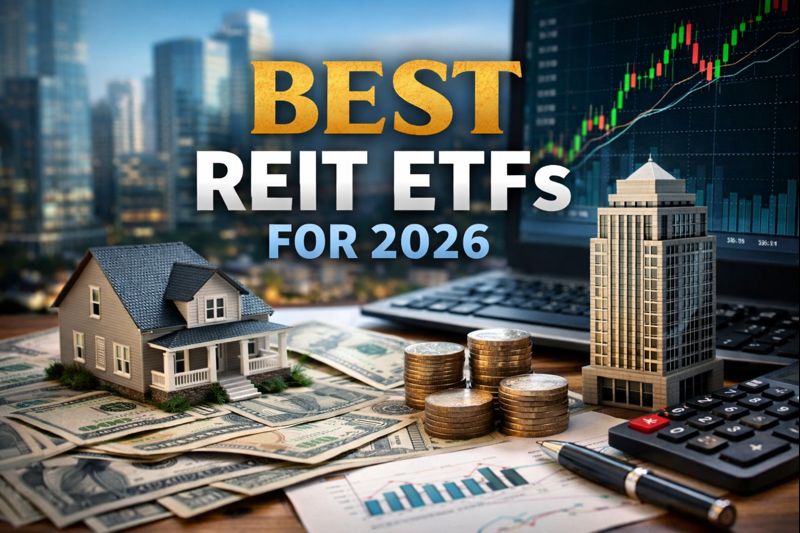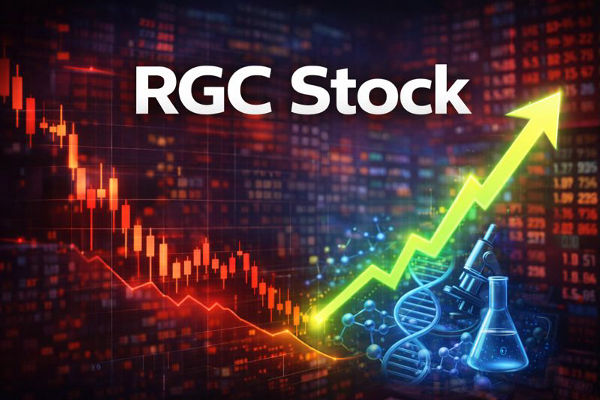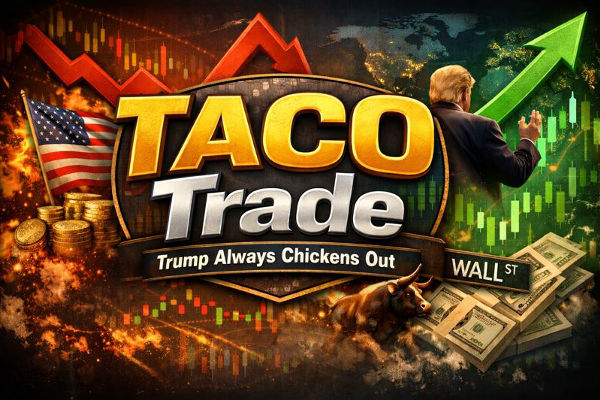It's a big moment when a world-famous company like Tesla slips beneath the $1 trillion market cap milestone. On 24 July 2025, Tesla closed at $989 billion, a sharp turn from its record heights just months earlier. This move has stirred plenty of conversation—from investors to industry experts—about what's really behind the slide, and whether this is a storm or the start of a new era for Tesla.
What Happened to Tesla's Market Cap?
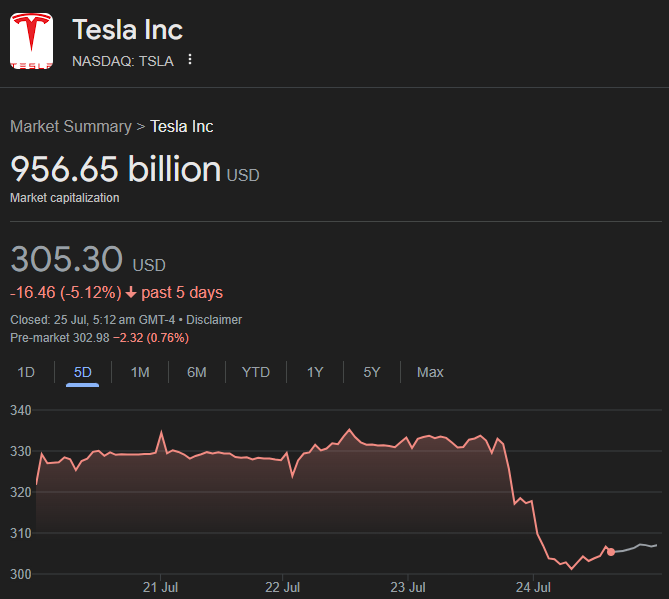
Tesla's fall from grace has been quick—and, for many, pretty shocking. In December 2024, the EV pioneer was flying high with a valuation of over $1.6 trillion. Flash forward to now, and the stock has given up more than a third of its value, sinking from $480 to around $305 per share.
The turning point? Tesla's Q2 2025 earnings:
-
Revenue dropped 12% to $22.5 billion.
-
Net income for the quarter came in at $1.2 billion.
-
Earnings per share landed at $0.33 (GAAP) and $0.40 (non-GAAP), just ahead of analyst expectations.
-
Vehicle deliveries rose slightly from Q1—to 384,122—but sales pressure persists.
Year-to-date, Tesla shares are down around 24%, far worse than the Nasdaq Index's modest 1.3% dip.
What's Driving the Downturn?
A few big factors are at play:
-
Sagging Demand & Tougher Competition: With EV subsidies fading in markets like the US and Europe, buyers aren't as quick to sign on. Meanwhile, Chinese rivals (such as BYD and Xiaomi) are heating up the space, forcing Tesla to cut prices and lower its margins.
-
Execution Issues: While Tesla managed to beat the most negative expectations, chatbot-hyped projects like the robotaxi are falling behind schedule. Add in supply hiccups and CEO Elon Musk's divided focus, and investors are right to worry.
-
The “Musk Effect” Fades: For years, Tesla traded at a huge premium, thanks to faith in Musk and the promise of breakthrough tech. Now, those “big leaps” are taking longer, so markets are pricing Tesla more like a car company than a disruptor.
Profit Squeeze: Margins tell the story—operating margins fell to 4.1% this quarter from 7.2% a year ago. Price cuts and inflation are biting.
How Are Analysts Reacting To Tesla's Market Cap?
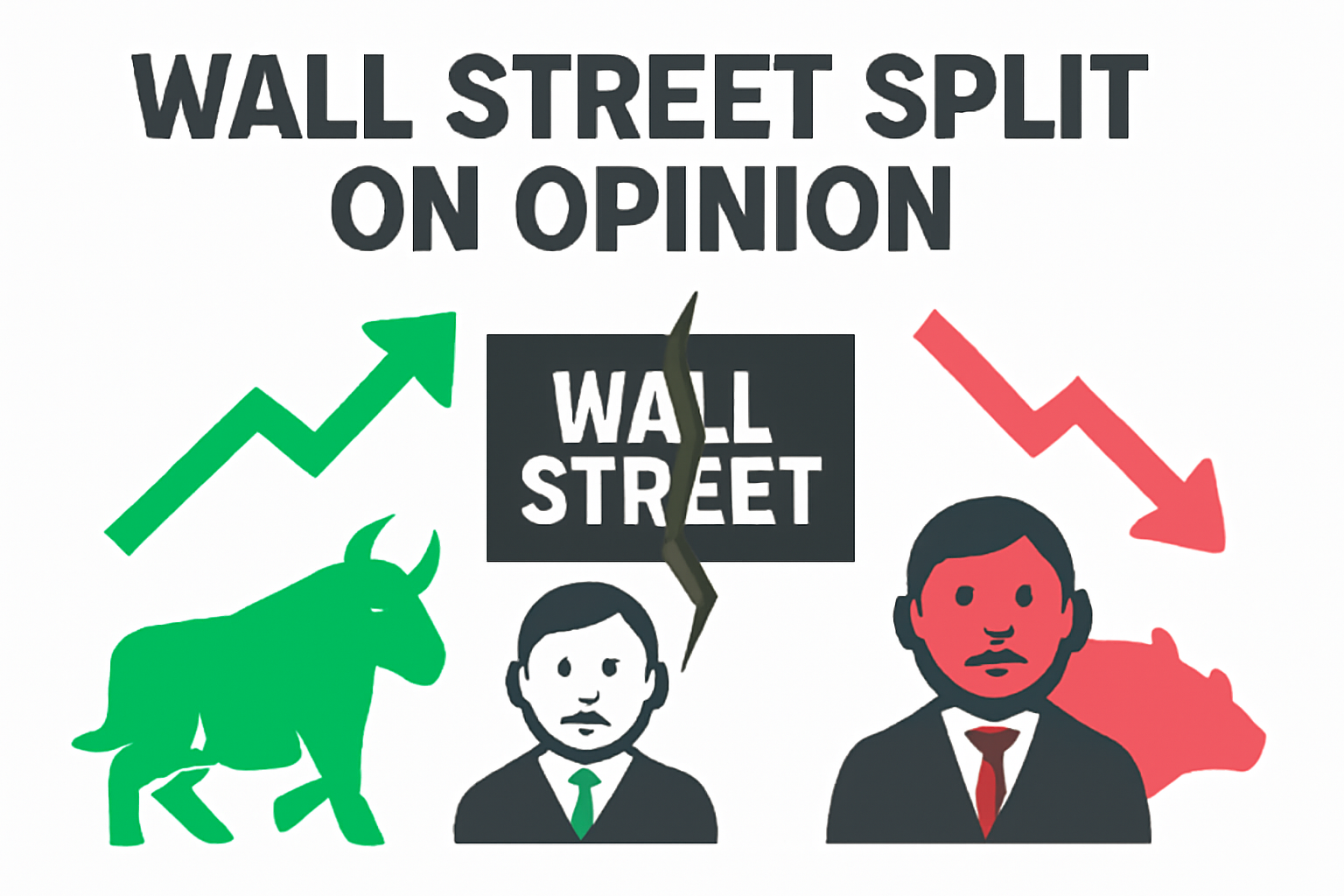
Market views span the spectrum. Some see Tesla's plunge below $1 trillion as a long-needed reset—a burst of realism after years of hype. Others warn this could be the first real wobble in a tougher, more crowded field.
-
Most analysts are sitting on the fence, rating Tesla a “Hold” with 12-month targets between $340 and $410.
-
Expectations for volatility are front and centre, with questions swirling around robotaxi rollouts, regulations, and future demand.
Tesla's backers still argue that tech, scale, and brand will keep it out front.
Broader Market Picture
Tesla's rough year stands out. While the Nasdaq has wobbled slightly, Tesla's share price has slipped by a quarter since January. And that’s fed a sense of caution across the EV and clean energy sector, not just for Musk's brand.
Snapshot: Tesla's Key Numbers
METRIC
|
LATEST VALUE (Q2 2025)
|
Market Cap |
$989 billion |
| Revenue |
$22.5 billion |
| Net Income |
$1.2 billion
|
Earnings per Share
|
$0.33 GAAP, $0.40 non-GAAP |
| Share Price |
$305.30 |
| Vehicles Delivered |
384,122 |
| Operating Margin |
4.1% |
So, What's Next for Tesla?
Tesla isn't new to turbulence where market cap is concerned; it's bounced back more than once before. The dip below $1 trillion could be a pause rather than a permanent move down, especially if new product launches hit stride and profitability improves.
Yet, with a changed market and fiercer competition, the “untouchable” growth stock status may be history. Going forward, real performance—steady revenues, solid margins, fewer delays—will matter more than hype. All eyes will be on China and Europe for signs of a turnaround.
Final Thoughts
Sliding beneath the trillion-dollar mark is no small news. It might signal the end of the golden age of easy, unquestioning optimism for Tesla. What happens next depends on execution, not headlines.
Only time—and Musk's next act—will show whether Tesla is simply changing gear, or genuinely running out of road.
Disclaimer: This material is for general information purposes only and is not intended as (and should not be considered to be) financial, investment or other advice on which reliance should be placed. No opinion given in the material constitutes a recommendation by EBC or the author that any particular investment, security, transaction or investment strategy is suitable for any specific person.
